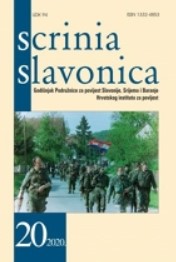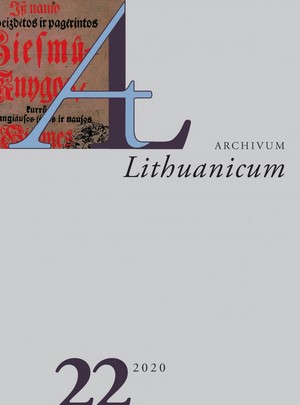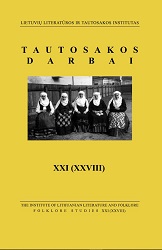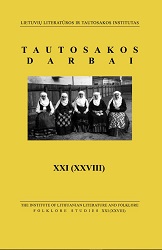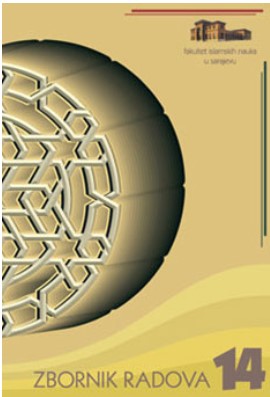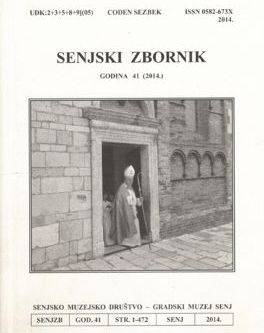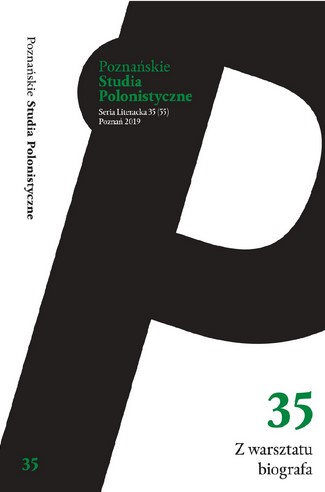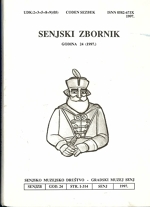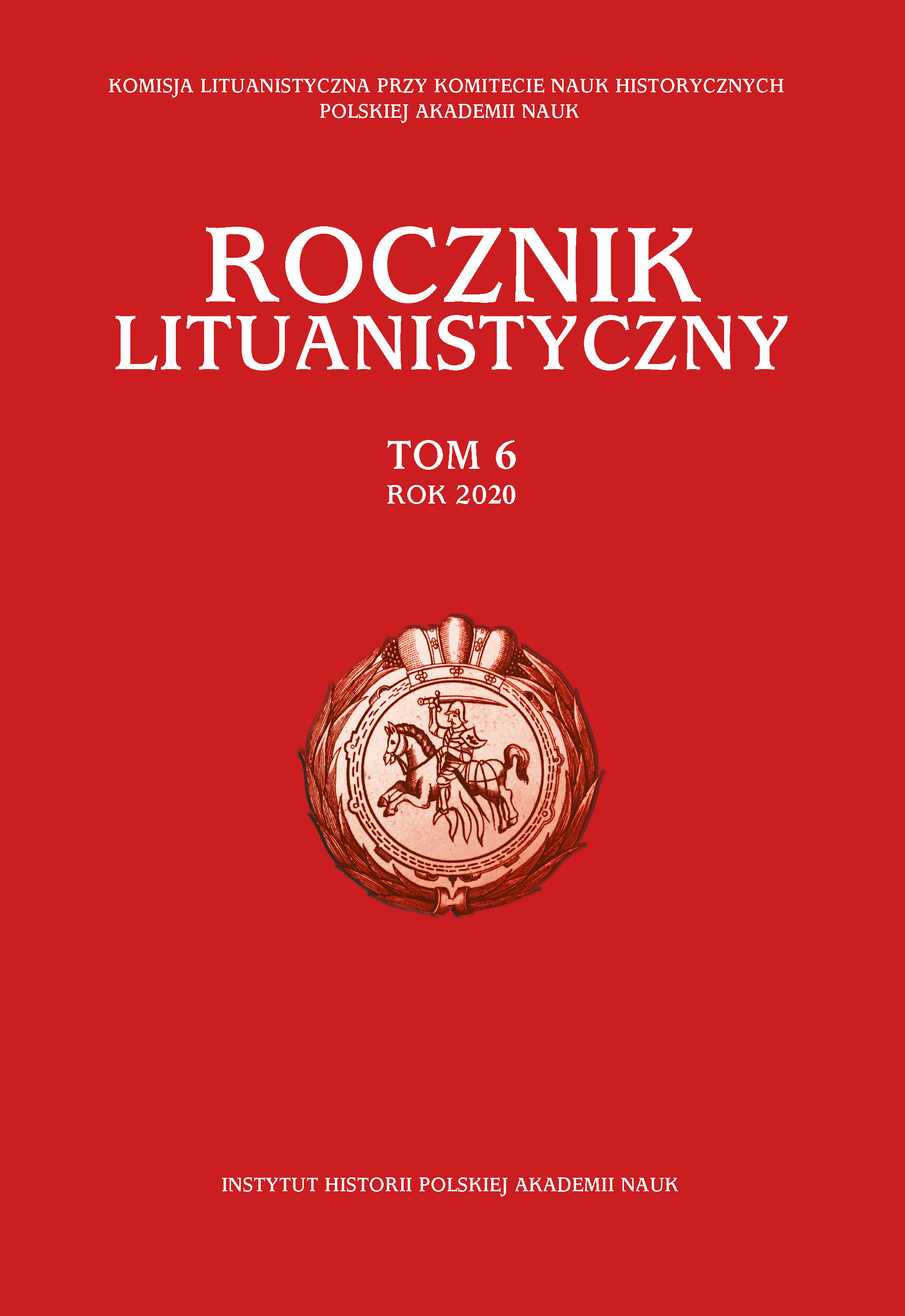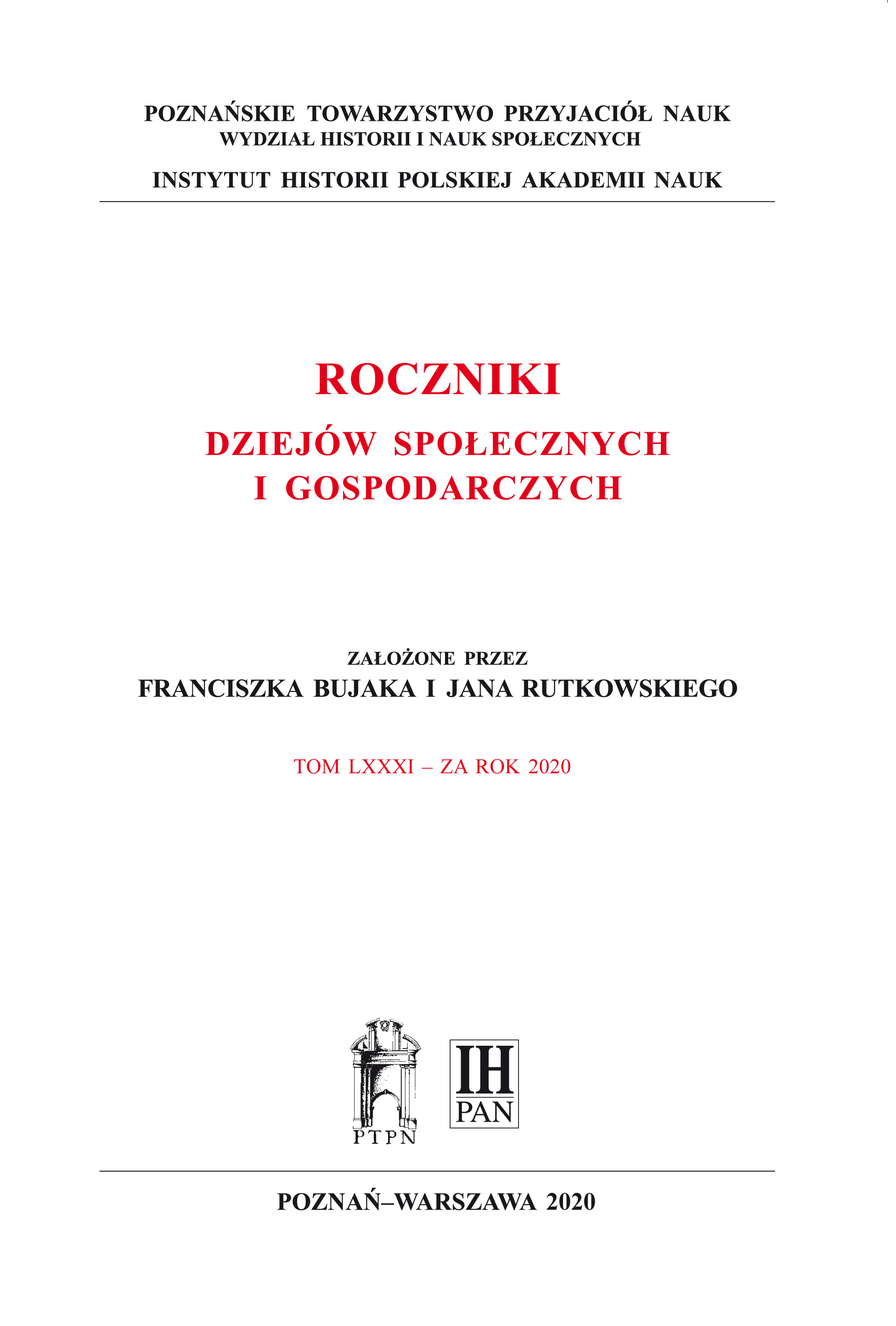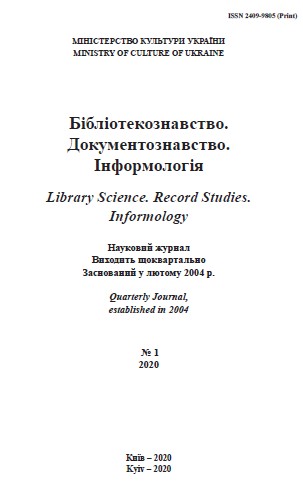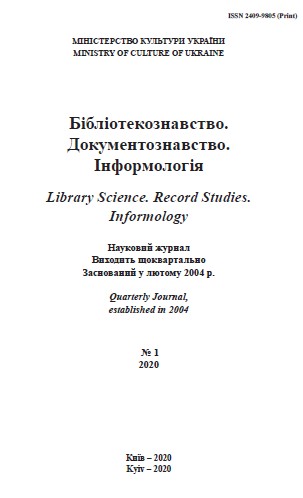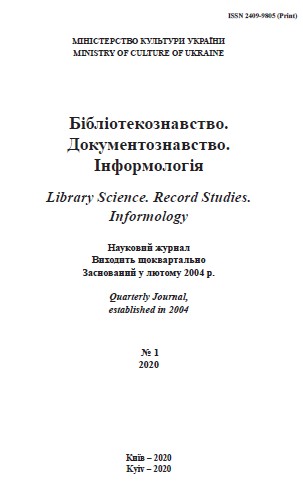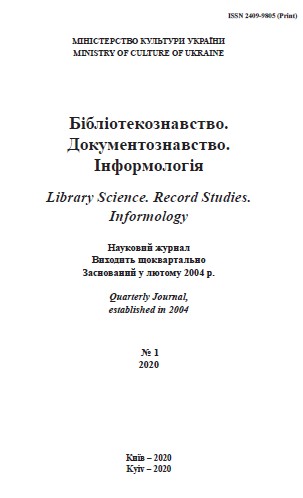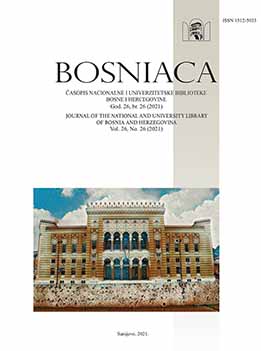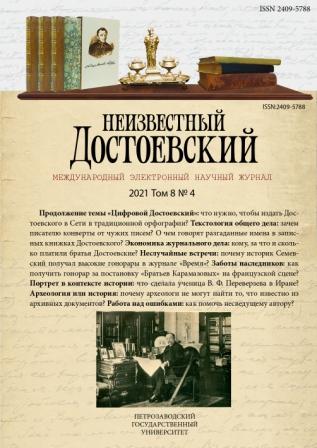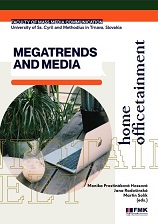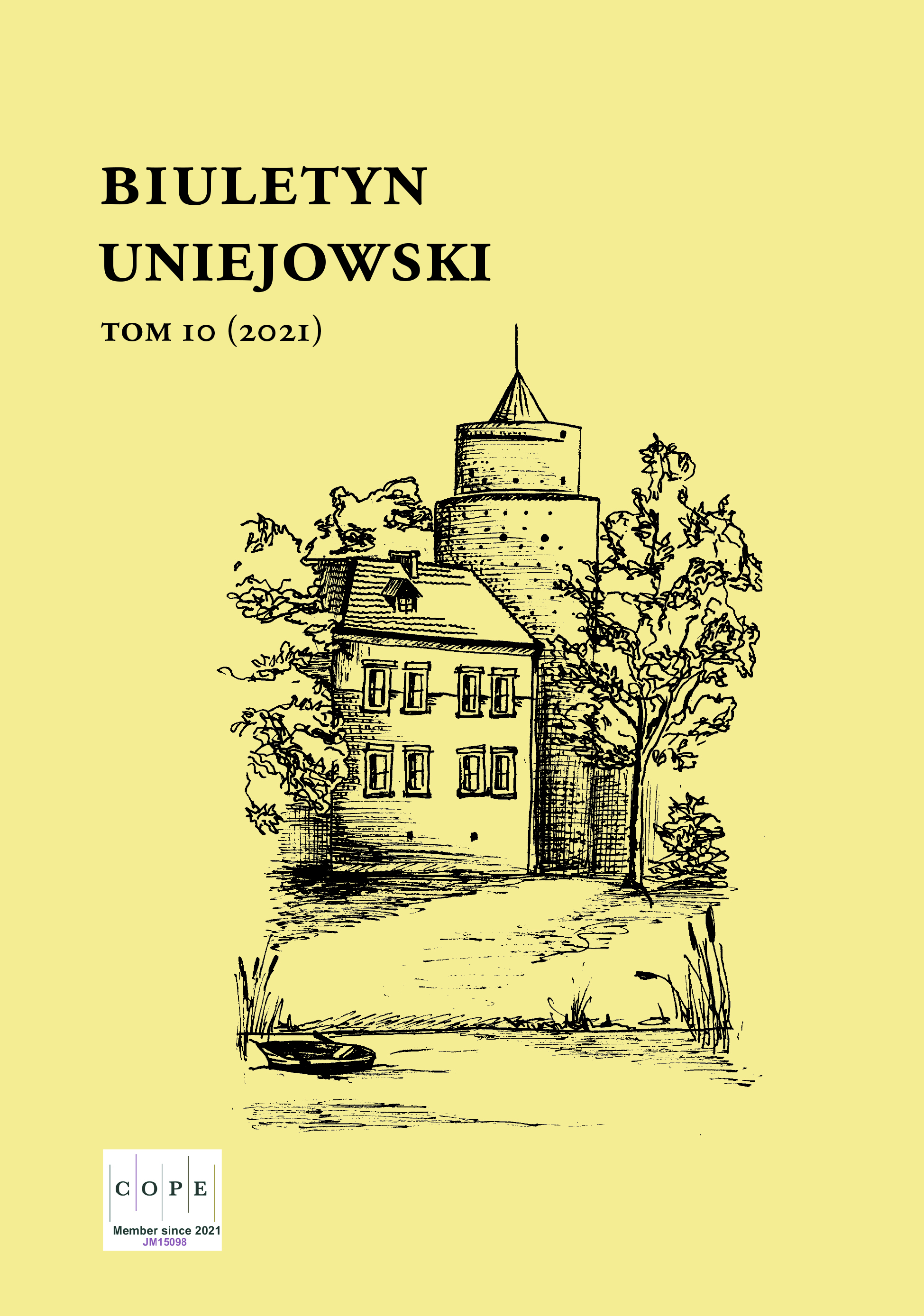Author(s): Juraj Lokmer / Language(s): Croatian
Issue: 1/2014
At the scholarly conference Senj Press 15th-16th century and 19th-20th century held in Senj on 22nd and 23rd October 1974 academician Anica Nazor, upon the 480th anniversary of the Senj Glagolitic press, presented all the important arguments, reasons for the making of critical editions and the publication of facsimile editions of Senj’s Glagolitic press. At that time she called for the permanent and systematic study and publication of the editions and the press as especially valuable historical and cultural heritage. Thereby the project of the publication of facsimile, Latin and critical editions of the printings of the Senj Glagolitic press was set in motion, and which was realised by the Senj Museum Society led by the director of the Senj Town Museum Prof. Ante Glavičić. Back in 1978 a facsimile edition was published, and then in 1979 a Latin and critical edition of Spovid općena (General Confession) from 1496. And in 1981 a facsimile and critical edition of Korizmenjak fra Ruberta (The Lent Book of Friar Robert) from 1508. All these publications were prepared by the academicians Anica Nazor and Branko Fučić. Upon the occasion of the 500th anniversary of the end of the printingof the first Senj Glagolitic press HAZU (Croatian Academy of Sciences and Arts) published a facsimile edition of the Misal po zakonu rimskoga dvora (Missal by the law of the Roman court) from 1491, which was prepared by academicians Anica Nazor and Milan Moguš. After that anniversary, which was marked in various ways with a series of events, not one of the remaining publications (Naručnik plebanušev, Ritual s Meštrijom dobra umrtija, Transit sv. Jerolima, Mirakuli slavne d(ě)ve Marie) of the Senj Glagolitic press has been published to date as a facsimile, Latin or critical edition. Today when information and communication technologies enable, with minimal expense and time, the creation of digital copies of an original and its placement on a network – thereby making this heritage available to everyone in the world – it remains to involve local museum and cultural institutions, the local government and the Ministry of Culture, scientific institutions and scientists in finance projects and fromEuropean funds to implement it as soon as possible. The originals of all the Senj editions are located in Croatia (NSK, HAZU, with Franciscan monks, Franciscan friars) and their digitalisation and placing of digital representations on the Internet could be carried out in a short time, and the making of Latin and critical editions depends on the involvement of the local government, scientific institutions (Old Church Slavonic Institute, the universities in Zagreb and Rijeka, HAZU, the National and University Library), the local church, scientists, as well as financial support. The Glagolitic heritage is an important factor of Croatian culture, national identity and a particularly valuable indicator of Croatian cultural diversity whichmakes European heritage richer and more valuable. It is also an important part of Croatia’s and Senj’s cultural and tourist attraction with which Croatia presents itself as a particularly interesting destination of diverse, special cultural offerings. It is reasonable to expect that the initiative will come from Senj’s cultural circles and the Town of Senj, an invitation for collaboration to all who can and who wish to cooperate in the continuation of this, which for Croatian culture and identity is an important project that began way back in 1974.
More...
